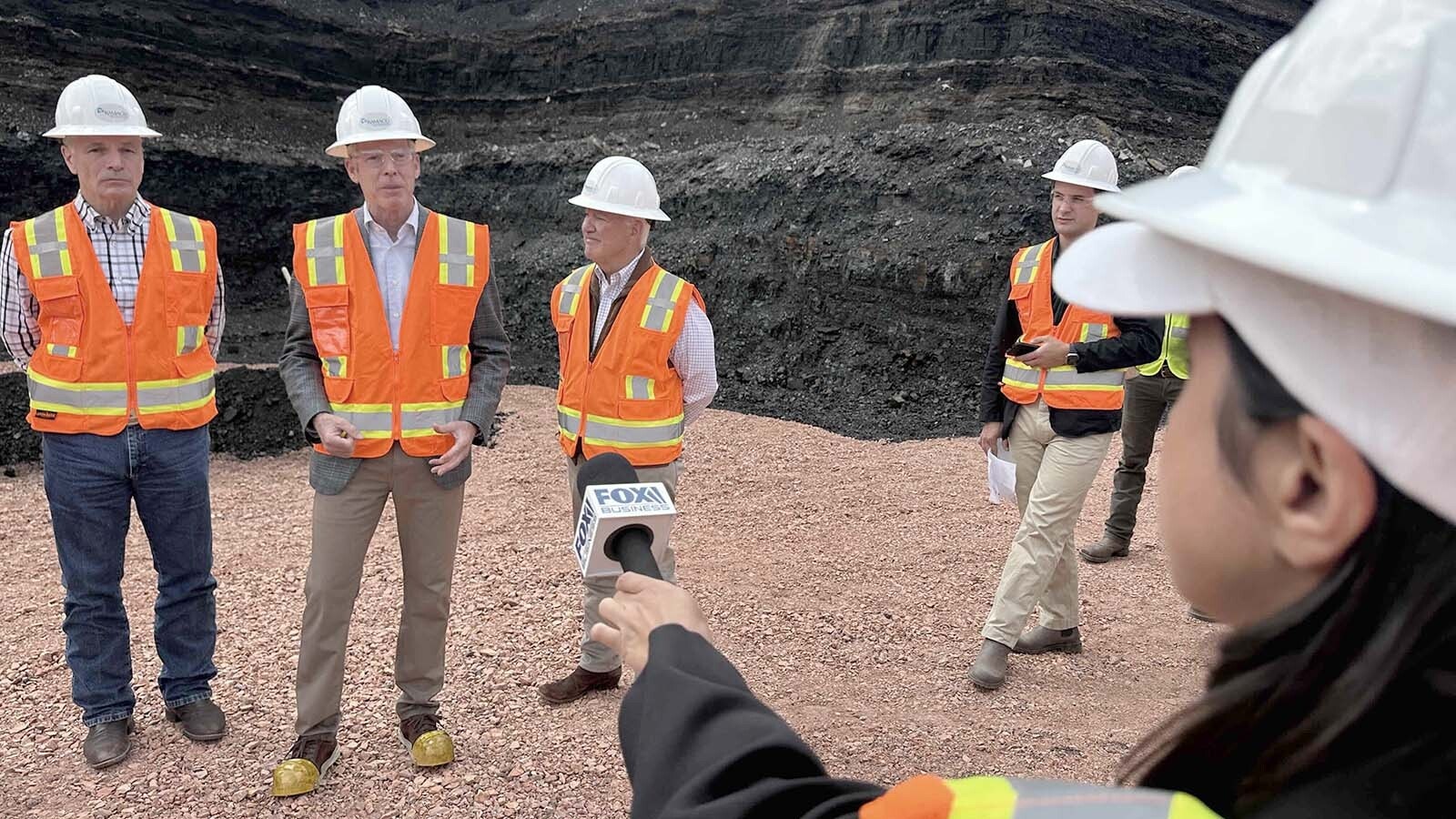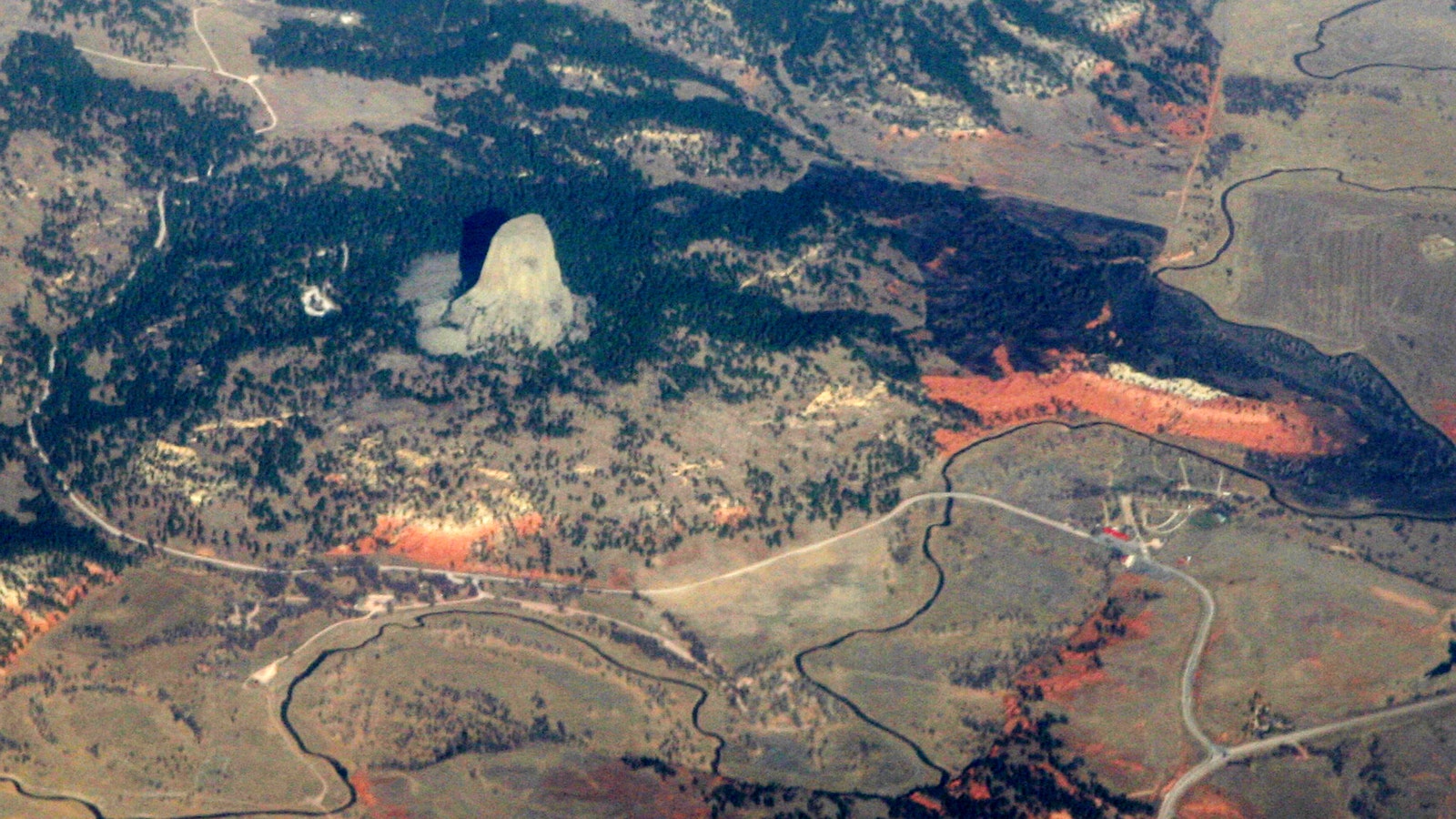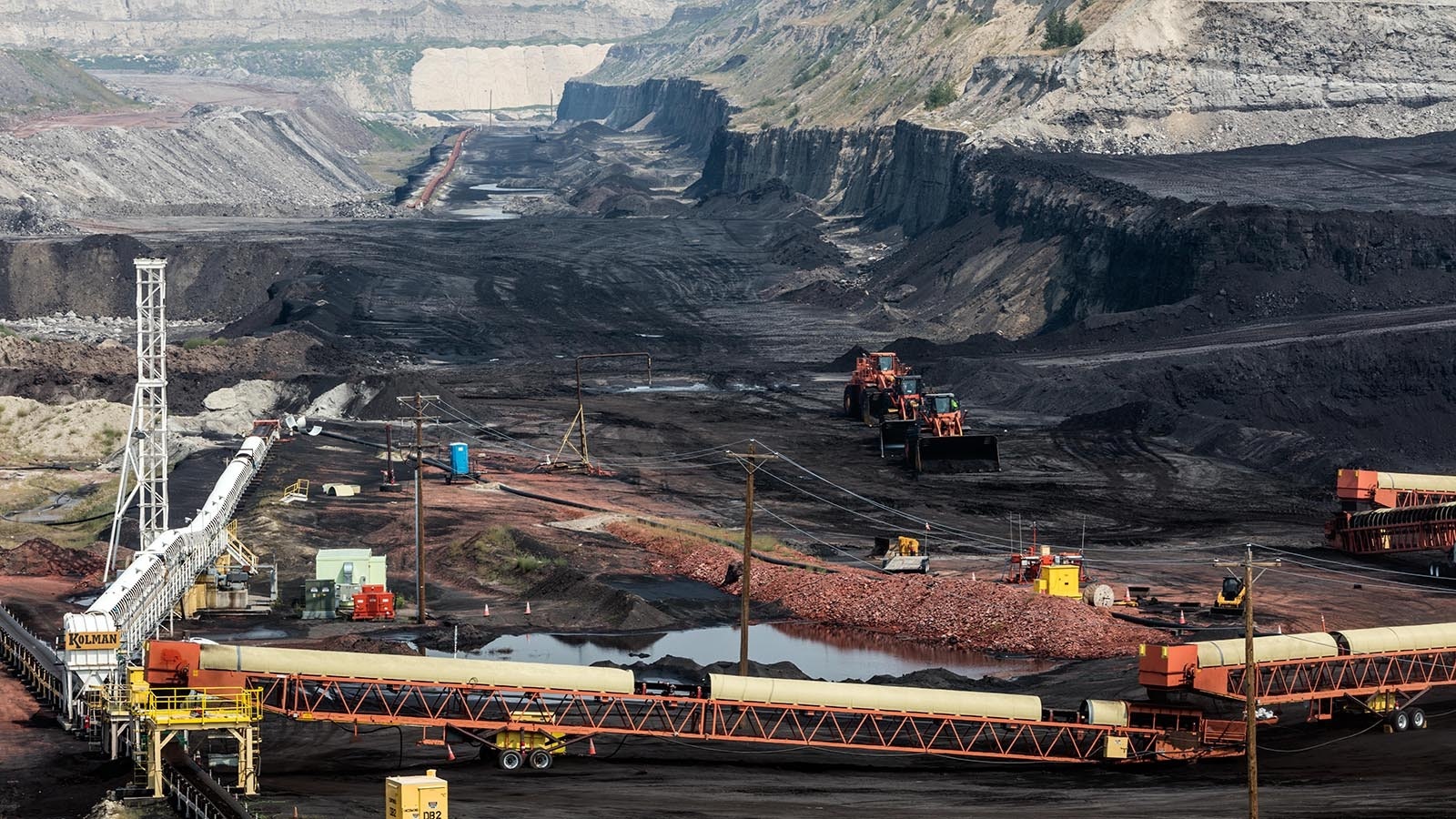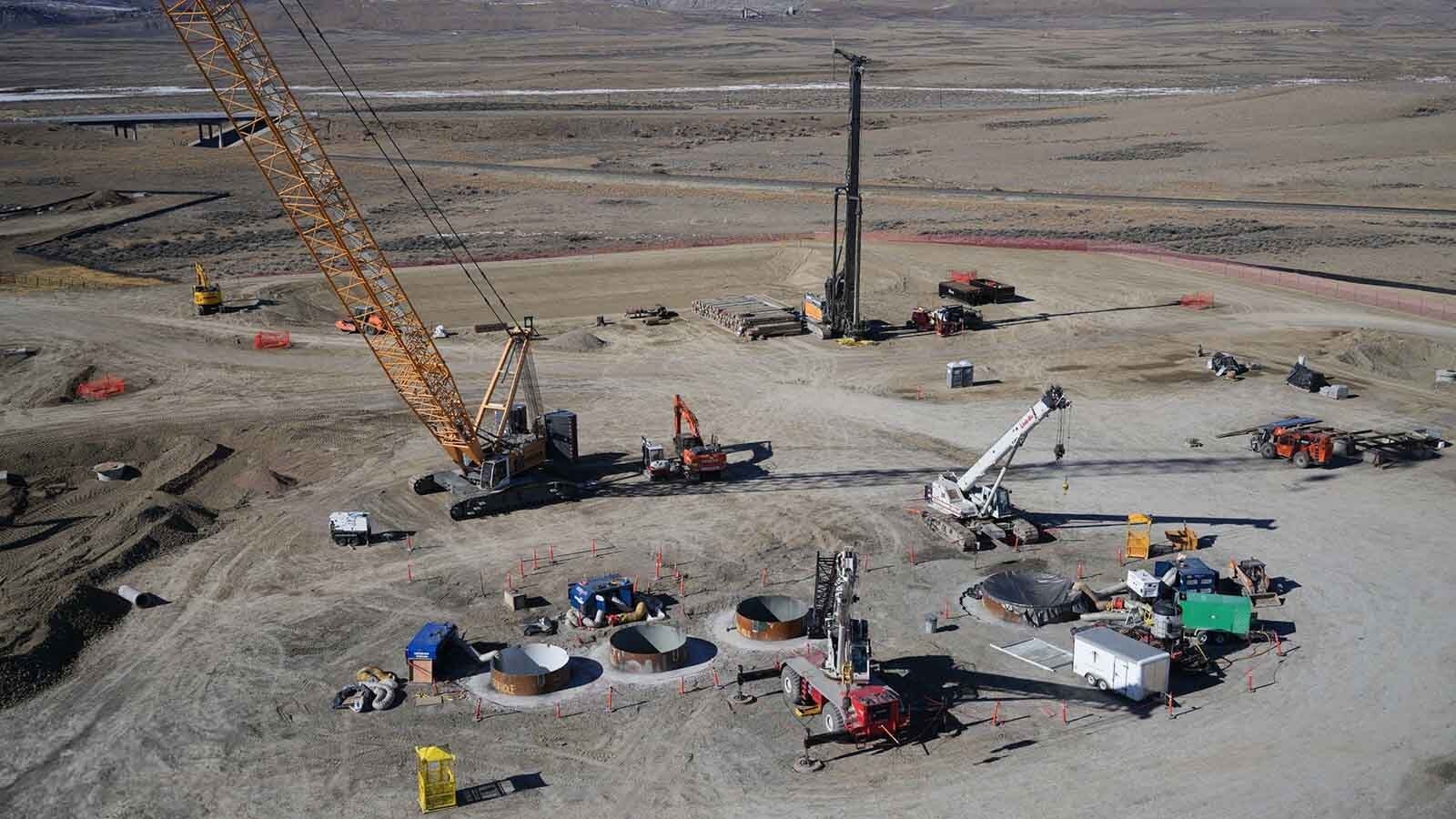The Western Energy Alliance on Thursday said it will appeal a federal court ruling that upheld the legality of postponed lease sales on federal land, according to Aaron Johnson, vice president for public affairs for the regional trade association.
U.S. District Judge Scott Skavdahl of Wyoming ruled last week that a pause on federal lease sales in the first quarter of 2021, in order to complete a review of environmental impacts from the sales, was legal and consistent with decisions in other cases.
“In short, the administrative record supports that postponing the first-quarter 2021 lease sales was done to ensure NEPA [the National Environmental Policy Act] compliance with several then-recent federal court opinions that negated previously authorized oil and gas lease sales,” Skavdahl said in the order.
Western Energy Alliance joined the Wyoming Petroleum Association and the State of Wyoming in challenging the delayed leases, arguing the Department of Interior’s decision to postpone the sales violated a number of federal laws, including the Mineral Leasing Act of 1920, which requires the federal government to hold quarterly lease sales in every state “where eligible lands are available.”
In his decision, Skavdahl cited the administrative record in defending the department determining that the lands were not “available” because “additional analysis was needed to ensure compliance with NEPA.”
The larger concern for the ruling, industry representatives have said, is that it will be possible for the Bureau of Land Management to delay federal leasing indefinitely while environmental reviews are considered.
“We’re seeing in Washington, the problem in environmental reviews being dragged down for excessively long periods, whether that’s for oil and gas projects, or renewable projects, or any construction projects,” Johnson with the Western Energy Alliance said.
Melissa Hornbein, senior attorney at the Western Environmental Law Center, said any appeal is going to be difficult. The law center, along with Earthjustice, represented 21 environmental groups who intervened in the case in support of the department’s decision to postpone the lease sales.
Skavdahl had ruled that the plaintiff’s had no right to sue due to the timing of when their suits were filed and when official decisions were made to delay lease sales. Only the State of Wyoming had standing in the case of the first-quarter 2021 lease sales, Skavdahl said, and then he rejected the state’s arguments concerning those leases.
“From our perspective, his decision … upheld the long standing line of precedent that says that the Department of Interior has a lot of discretion when it decides what lands are available for federal fluid mineral leasing,” Horbein said.
Neither the Petroleum Association of Wyoming nor the state have decided if they will appeal Skavdahl’s decision. Michael Pearlman, spokesperson for Gov. Mark Gordon, and Ryan McConnaughey, director of communications for the association, said they are still reviewing the case.
Besides pursuing legal avenues, Johnson said the Western Energy Alliance will continue to pursue legislative reform of the NEPA review process so that it isn’t, as the alliance argues, used by environmental groups as a tool to stop development.
“I think they’ve been clear about what their goal is … They want to keep it [fossil fuels] in the ground,” Johnson said.





